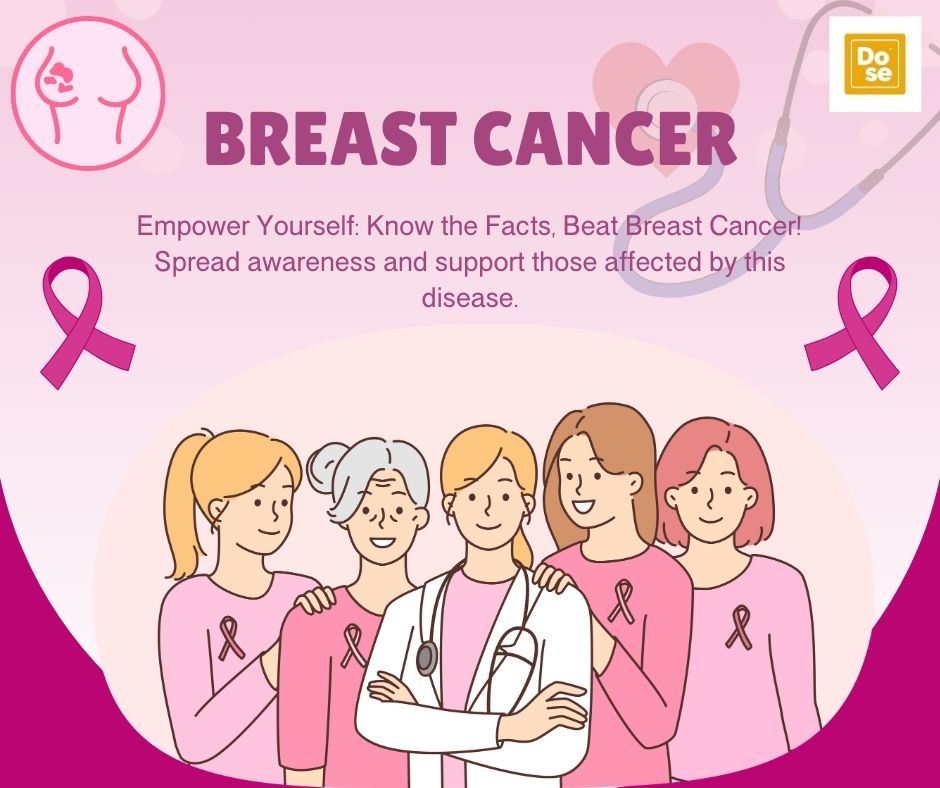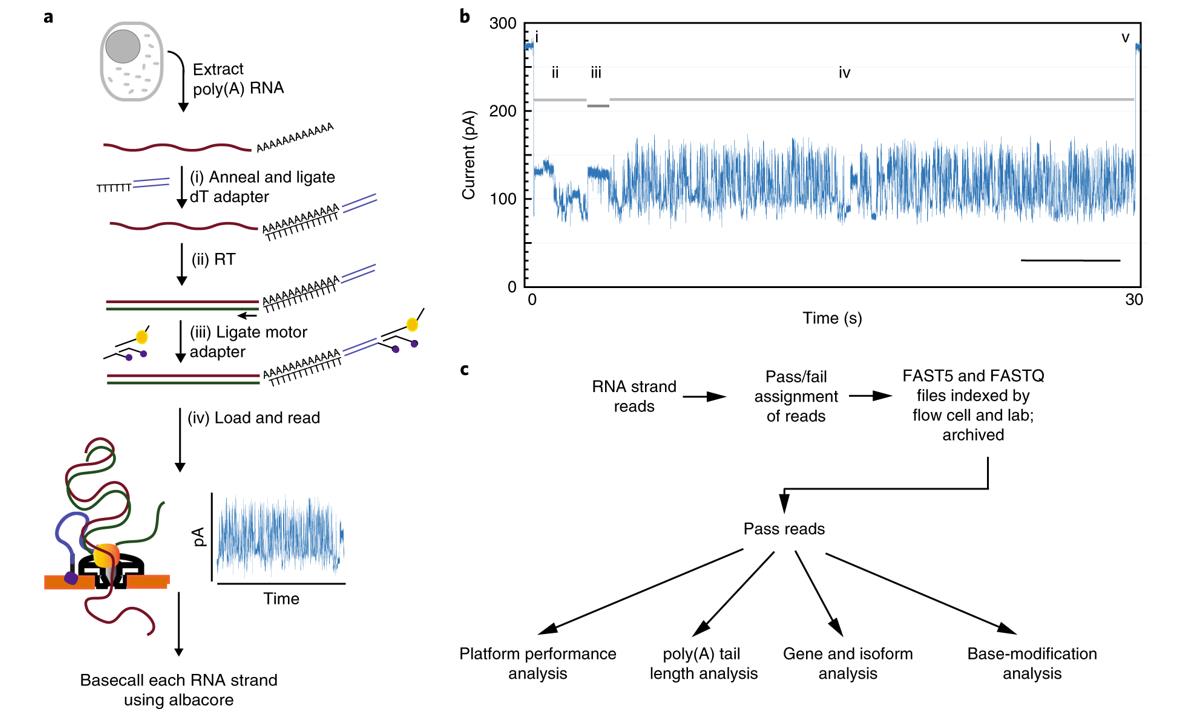Breast cancer is not just a physical battle; it’s a journey that affects every aspect of a person’s life. The diagnosis, treatment, and aftermath leave deep emotional, psychological, and social marks that linger long after the disease itself has been treated. For many survivors, navigating life after breast cancer presents an entirely new set of challenges, but also opportunities for personal growth and triumph. raloxifene 60 mg tablet Best solution pill for Breast cancer.
Physical Aftermath and Recovery
One of the most immediate concerns after breast cancer treatment is dealing with the physical aftermath. Surgery, chemotherapy, radiation, and other treatments can have lasting side effects. For example, women who have undergone mastectomies or lumpectomies may experience changes in their body image and self-esteem. Reconstruction surgeries, while helpful, come with their own set of challenges and are not always an option for every woman.
The fatigue that lingers after treatment(buy raloxifene) can be overwhelming. Post-treatment fatigue is not just being tired; it’s a deep, bone-weary exhaustion that doesn’t go away with rest. This can make returning to normal daily activities, including work, socializing, and even simple tasks around the house, a significant challenge. It’s important for survivors to recognize that recovery takes time and that it’s okay to prioritize rest and gradual reintegration into their daily routines.
Pain management is another significant aspect of physical recovery. Nerve damage from surgery or radiation can lead to chronic pain, and some women may experience lymphedema, a painful swelling of the arm caused by the removal of lymph nodes. Regular physical therapy and exercises can help manage these conditions, but they require a consistent effort and can be a source of frustration for many survivors.
Emotional and Psychological Challenges
The emotional and psychological toll of breast cancer doesn’t end when treatment does. Many survivors struggle with anxiety, depression, and fear of recurrence. The fear that the cancer could come back can be overwhelming, especially in the first few years after treatment. This anxiety can make it difficult to move forward and fully engage with life.
Survivors often find themselves grappling with a sense of loss – loss of their former selves, loss of time, and in some cases, loss of relationships. The experience of cancer can change a person’s outlook on life, leading to an existential crisis where they question their purpose and future. This can be compounded by the sense that others expect them to be “back to normal” once treatment ends, even though they may feel anything but normal.
Support systems are crucial in helping survivors navigate these emotional challenges. Therapy, whether individual or in a group setting, can provide a safe space to explore these feelings. Support groups, where survivors can share their experiences with others who truly understand, can also be incredibly beneficial. However, not all survivors have access to these resources, and some may struggle to find the help they need.
Social and Relationship Dynamics
The social implications of breast cancer are often overlooked, but they can be profound. Relationships with family, friends, and partners can change in the wake of a cancer diagnosis. Some survivors find that their relationships grow stronger, as loved ones rally around them during treatment. Others may find that people they thought they could rely on distance themselves, unable to handle the emotional weight of the situation.
For those in romantic relationships, breast cancer can introduce new challenges. The physical changes that come with treatment, such as hair loss, weight gain, or loss of a breast, can affect intimacy and body image. Partners may struggle to know how to support their loved one, and communication can become strained. Open, honest conversations about fears, needs, and expectations are essential to maintaining a strong relationship during and after this difficult time.
Survivors also face challenges in the workplace. They may return to work to find that their roles have changed, or they may struggle with the demands of their job while still dealing with the physical and emotional aftermath of treatment. Some may even face discrimination or stigma, as colleagues and employers make assumptions about their abilities. It’s important for survivors to know their rights and seek accommodations if needed, but this can be a difficult and exhausting process.
The Triumphs: Personal Growth and Resilience
Despite the many challenges, life after breast cancer can also be a time of personal growth and triumph. Many survivors report a newfound sense of clarity and purpose, having faced their mortality and come out the other side. This can lead to positive changes in their lives, such as pursuing new passions, strengthening relationships, or making healthier lifestyle choices.
Resilience is a key theme for many breast cancer survivors. The experience of battling cancer often reveals strengths they didn’t know they had. This resilience can help them navigate the ongoing challenges of life after cancer, from managing physical symptoms to dealing with emotional ups and downs.
Survivors also often become advocates and activists, using their experiences to raise awareness and support others going through similar battles. This sense of purpose can be incredibly fulfilling and help turn a painful experience into a source of strength and inspiration for others.
The Importance of Continued Care
Life after breast cancer requires ongoing care and attention. Regular follow-up appointments are essential to monitor for any signs of recurrence and manage any long-term side effects of treatment. Survivors should also be vigilant about their overall health, as they may be at increased risk for other conditions, such as heart disease or osteoporosis, due to the effects of cancer treatments.
Mental health care is equally important. Continued therapy, support groups, and mindfulness practices can help survivors cope with the emotional and psychological challenges that arise. Staying connected with others who have had similar experiences can also provide ongoing support and reduce feelings of isolation.
Conclusion: Embracing the Future
Navigating life after breast cancer is a complex journey filled with both challenges and triumphs. While the physical, emotional, and social hurdles can be daunting, many survivors find that they emerge from the experience stronger and more resilient than before. With the right support, self-care, and a focus on personal growth, life after breast cancer can be a time of renewal and new beginnings.
For survivors, it’s important to remember that there is no “right” way to feel or move forward after cancer. Each person’s journey is unique, and it’s okay to take the time needed to heal and find a new sense of normalcy. By embracing their strengths and seeking support when needed, survivors can navigate the challenges of life after breast cancer and celebrate their triumphs along the way
Visit Here : online pharmacy




